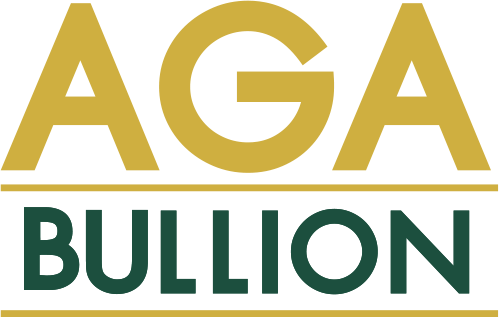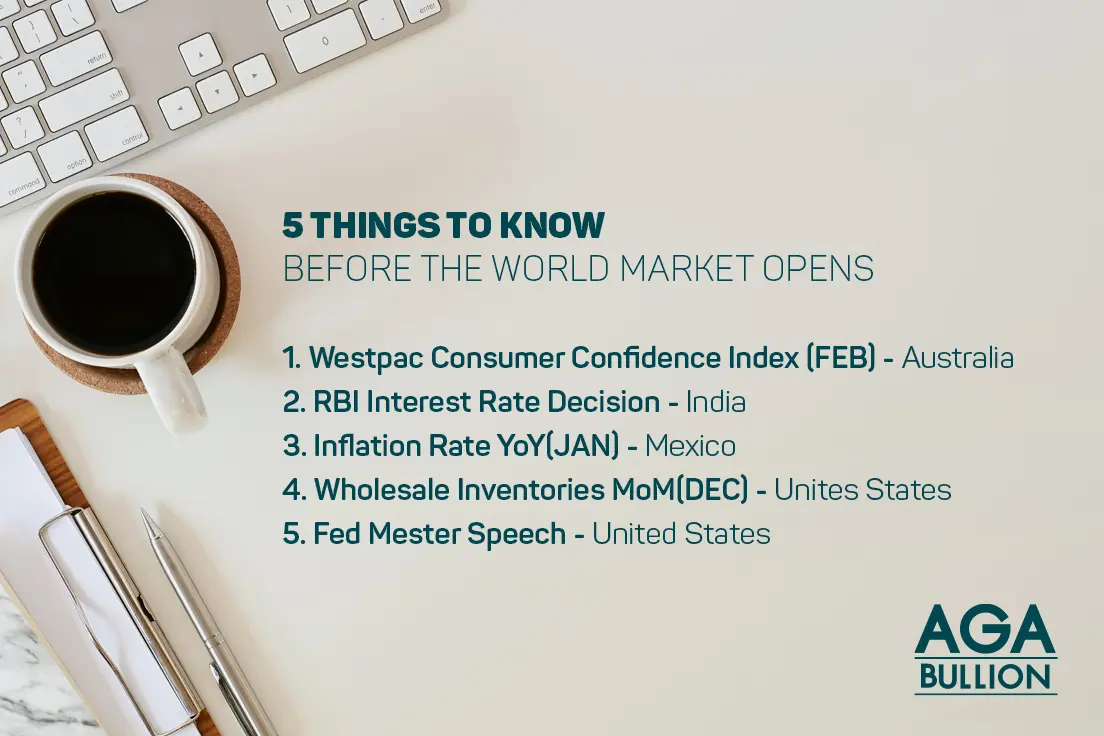9th Feb 2022 - Key global events on the horizon that could subtly shift or substantially shake up the financial markets
1. Westpac Consumer Confidence Index (FEB) - Australia
The Consumer Sentiment Index is based on a survey of over 1,200 Australian households. The Index is an average of five component indexes which reflect consumers' evaluations of their household financial situation over the past year and the coming year, anticipated economic conditions over the coming year and the next five years, and buying conditions for major household items. The index scores above 100 indicate that optimists outweigh pessimists.
2. RBI Interest Rate Decision - India
In India, interest rate decisions are taken by the Reserve Bank of India's Central Board of Directors. The official interest rate is the benchmark repurchase rate.
3. Inflation Rate YoY (JAN) - Mexico
In Mexico, the most important categories in the CPI basket are Nonfood Goods (19.7 percent of the total weight); Housing (18.7 percent) and Other Services (18.4 percent). Food, Beverages and Tobacco account for 14.8 percent and Energy for 9.5 percent. Others include: Products subsidized by the government (5.3 percent); Education (5.1 percent); Meat and Eggs (4.8 percent) and Fruits and Vegetables (3.7 percent). The CPI index has a base of 100 as of December of 2010. The national index tracks 46 large, medium and small cities.
4. Wholesale Inventories MoM (DEC) - United States
The Wholesale Inventories are the stock of unsold goods held by wholesalers. Inventories are a key component of gross domestic product changes. A high inventory points to economic slowdown in the US, while a low reading points to a stronger growth.
5. Fed Mester Speech
In the United States, the authority to set interest rates is divided between the Board of Governors of the Federal Reserve (Board) and the Federal Open Market Committee (FOMC). The Board decides on changes in discount rates after recommendations submitted by one or more of the regional Federal Reserve Banks. The FOMC decides on open market operations, including the desired levels of central bank money or the desired federal funds market rate.







